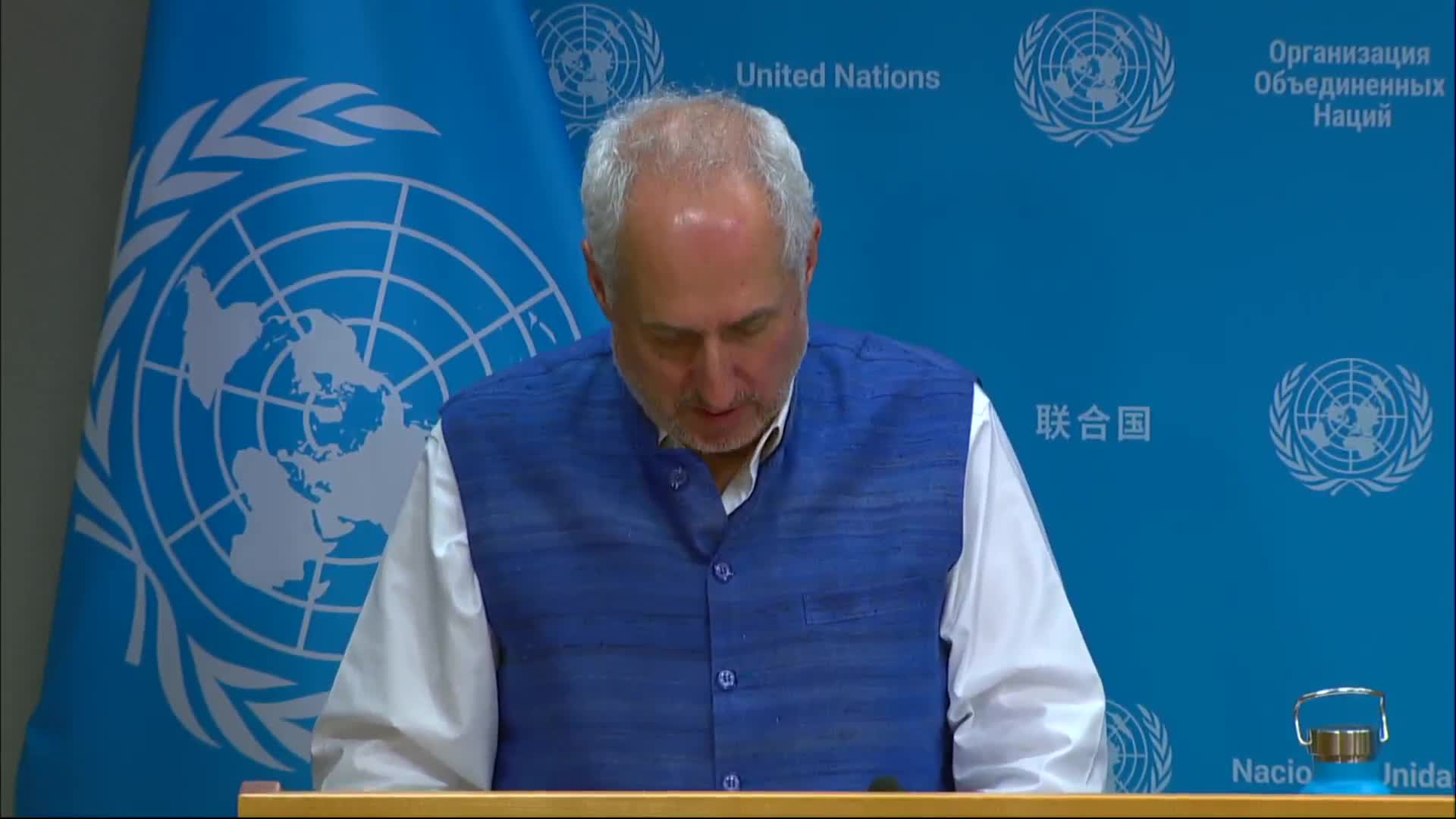Article not found
This article is no longer available. But don't worry—we've gathered other articles that discuss the same topic.
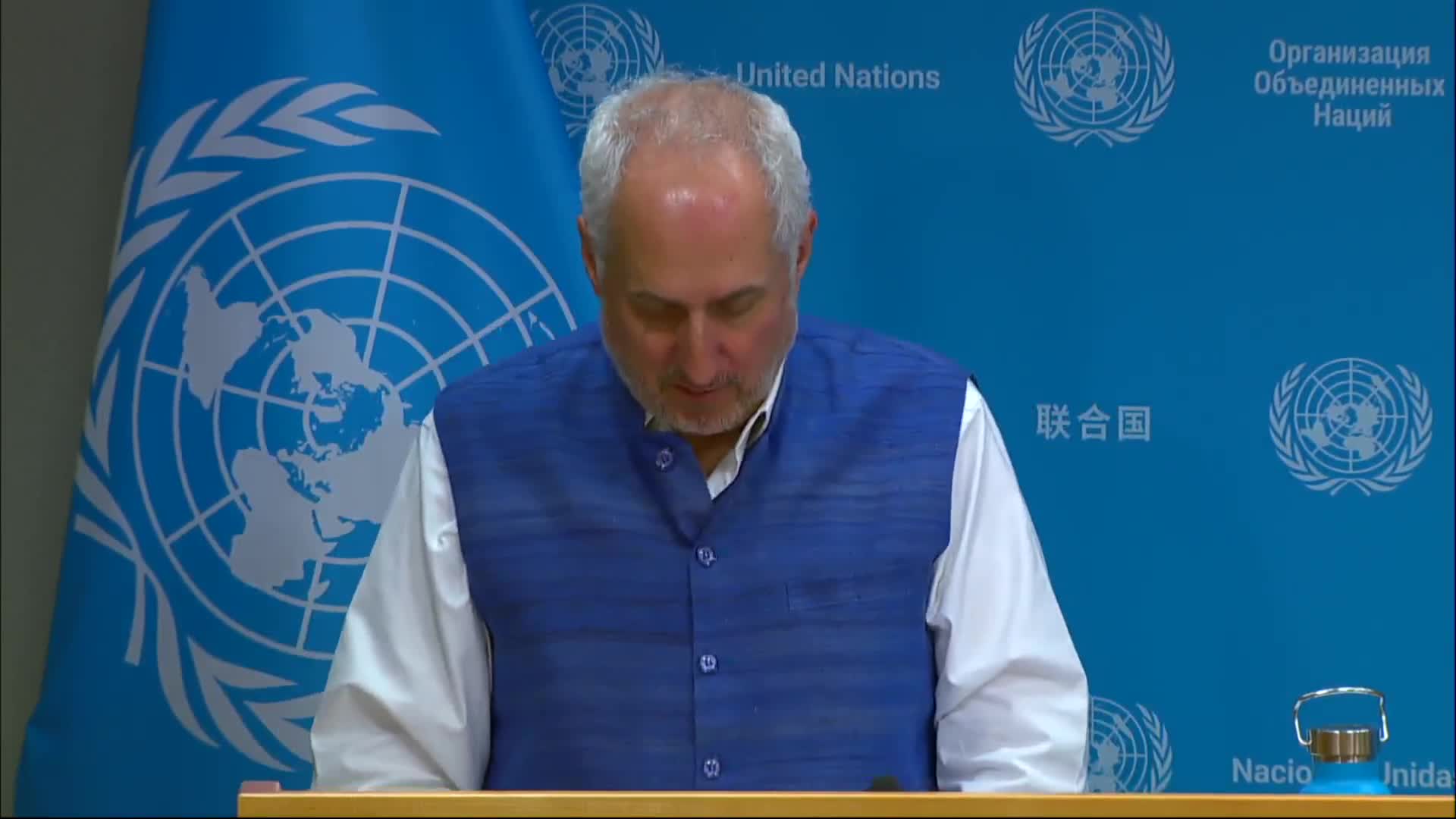
UN announces appointments and international events; WMO says Asia is warming twice the global average
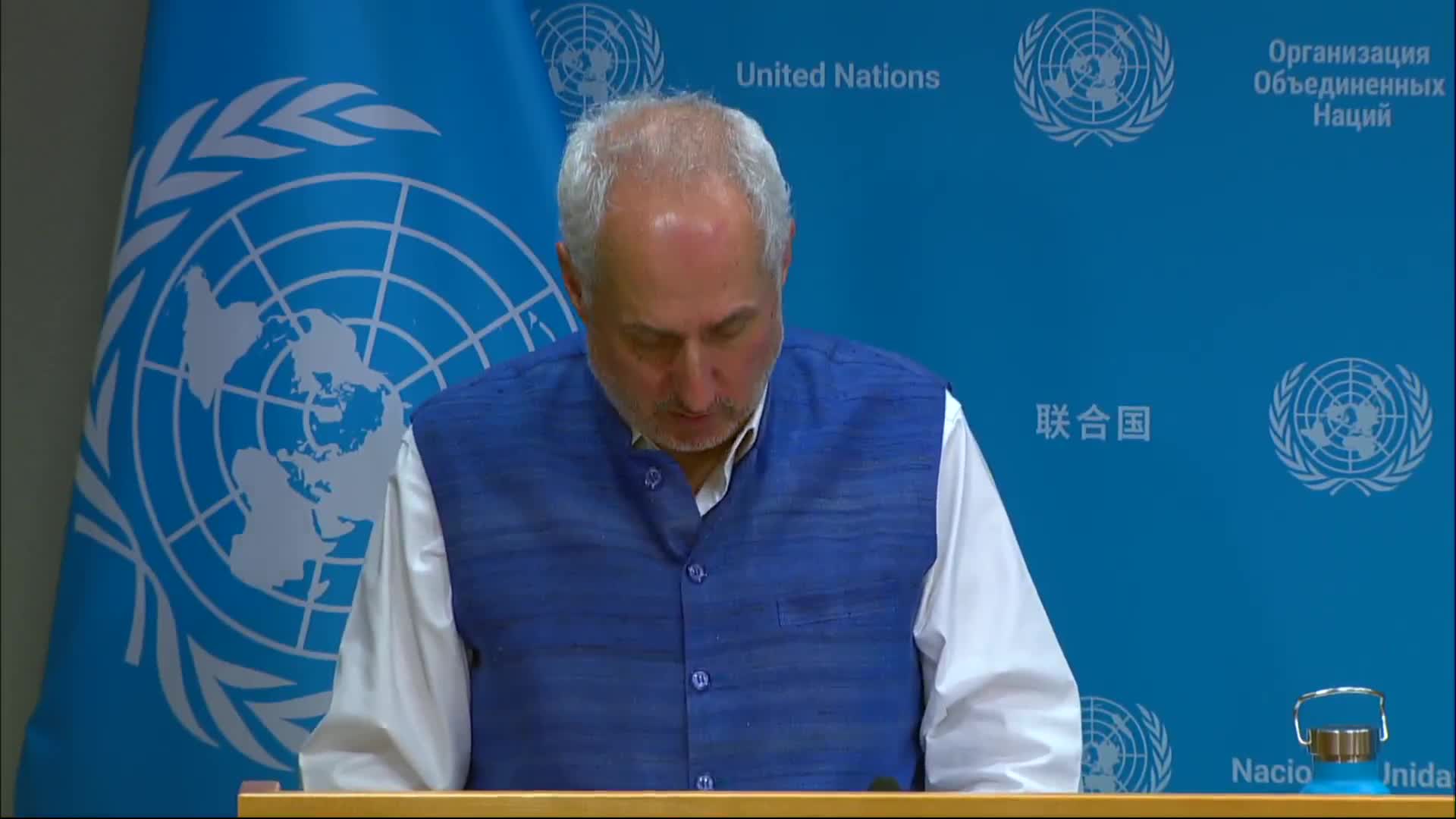
UN reports sharp rise in gender-based violence in Haiti amid large-scale displacement
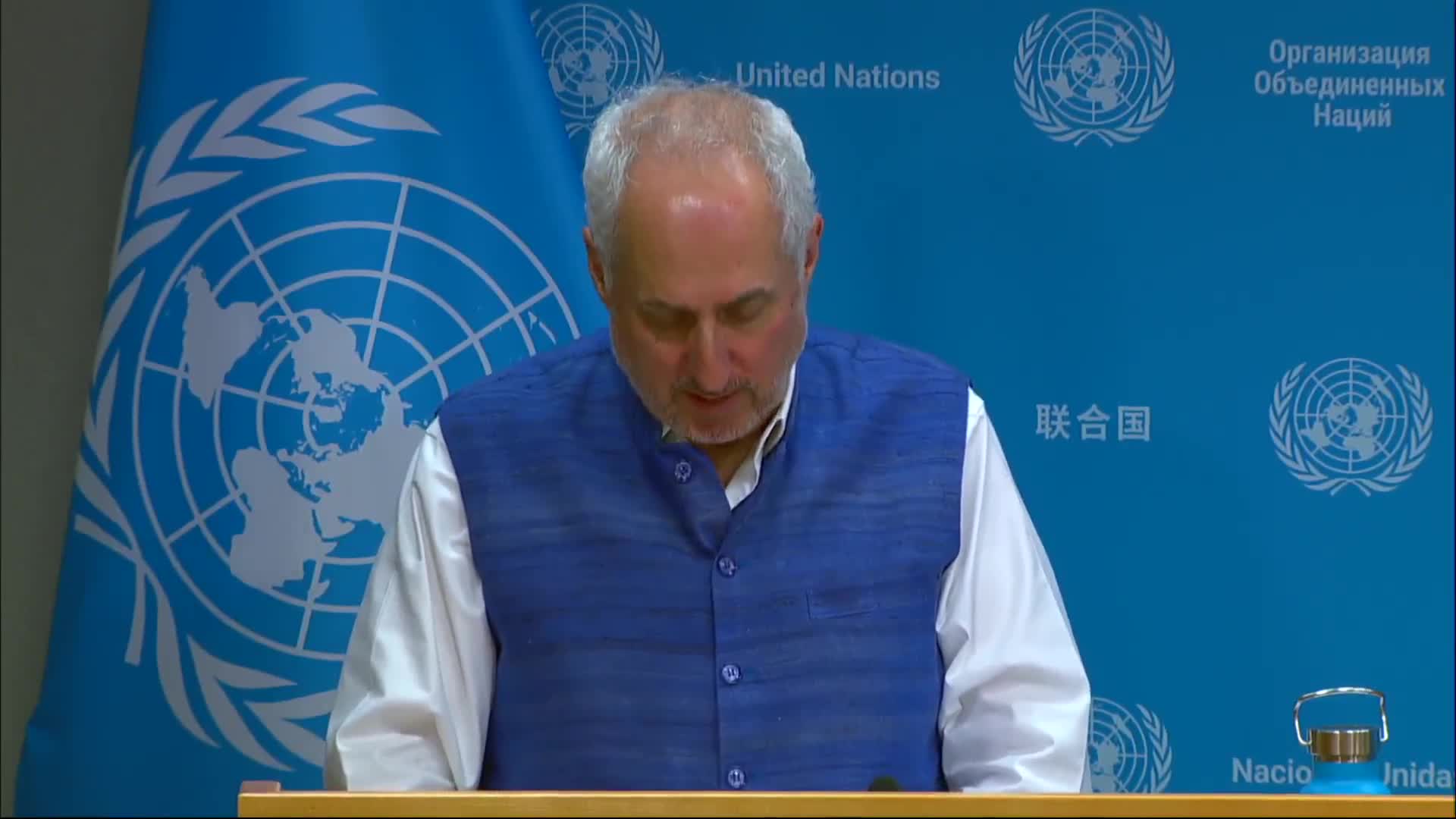
UN warns funding shortfalls forced UNFPA to withdraw from over half of supported health facilities in Sudan
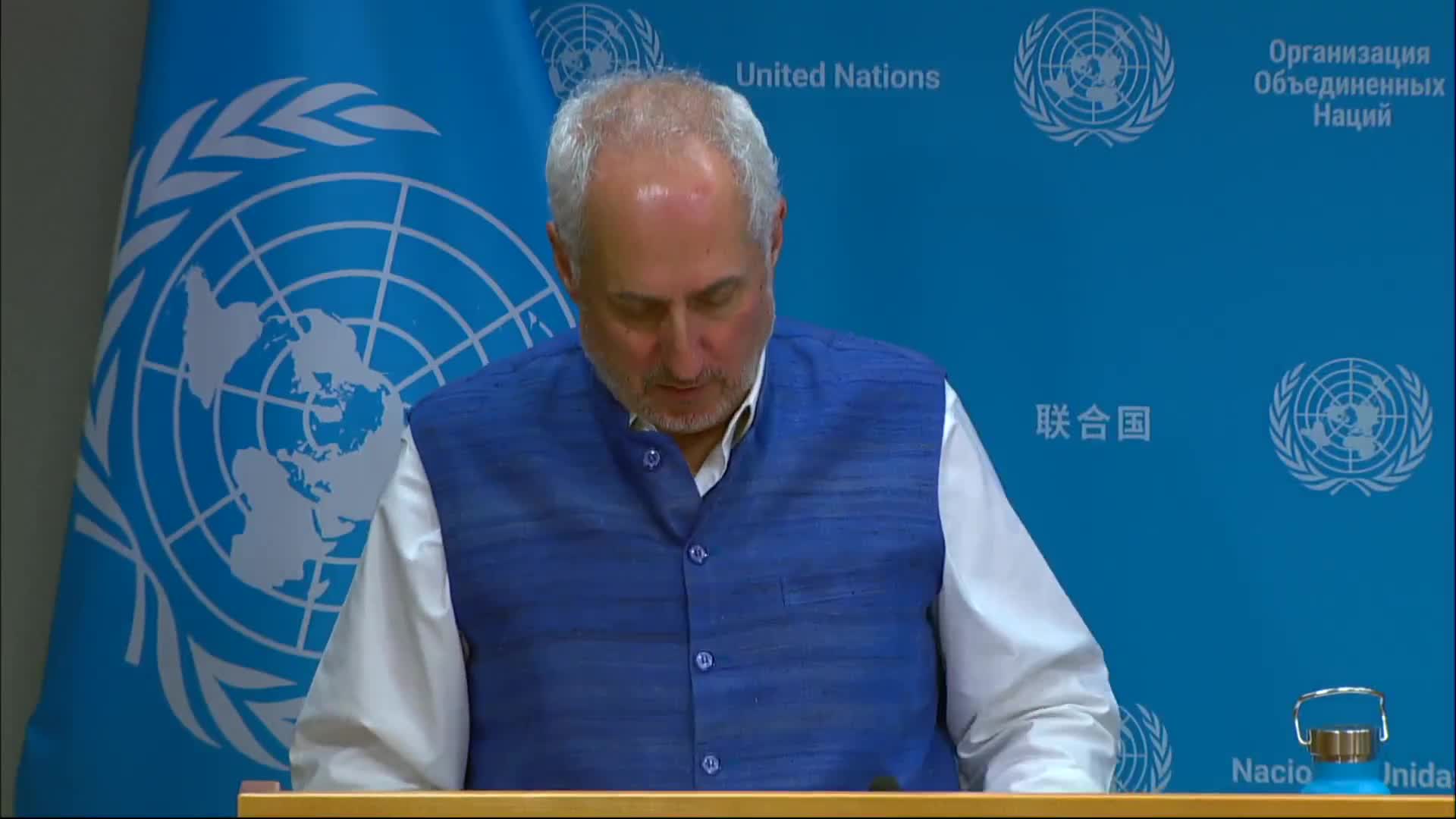
UN emergency relief coordinator Tom Fletcher visits DRC to discuss displacement and aid access
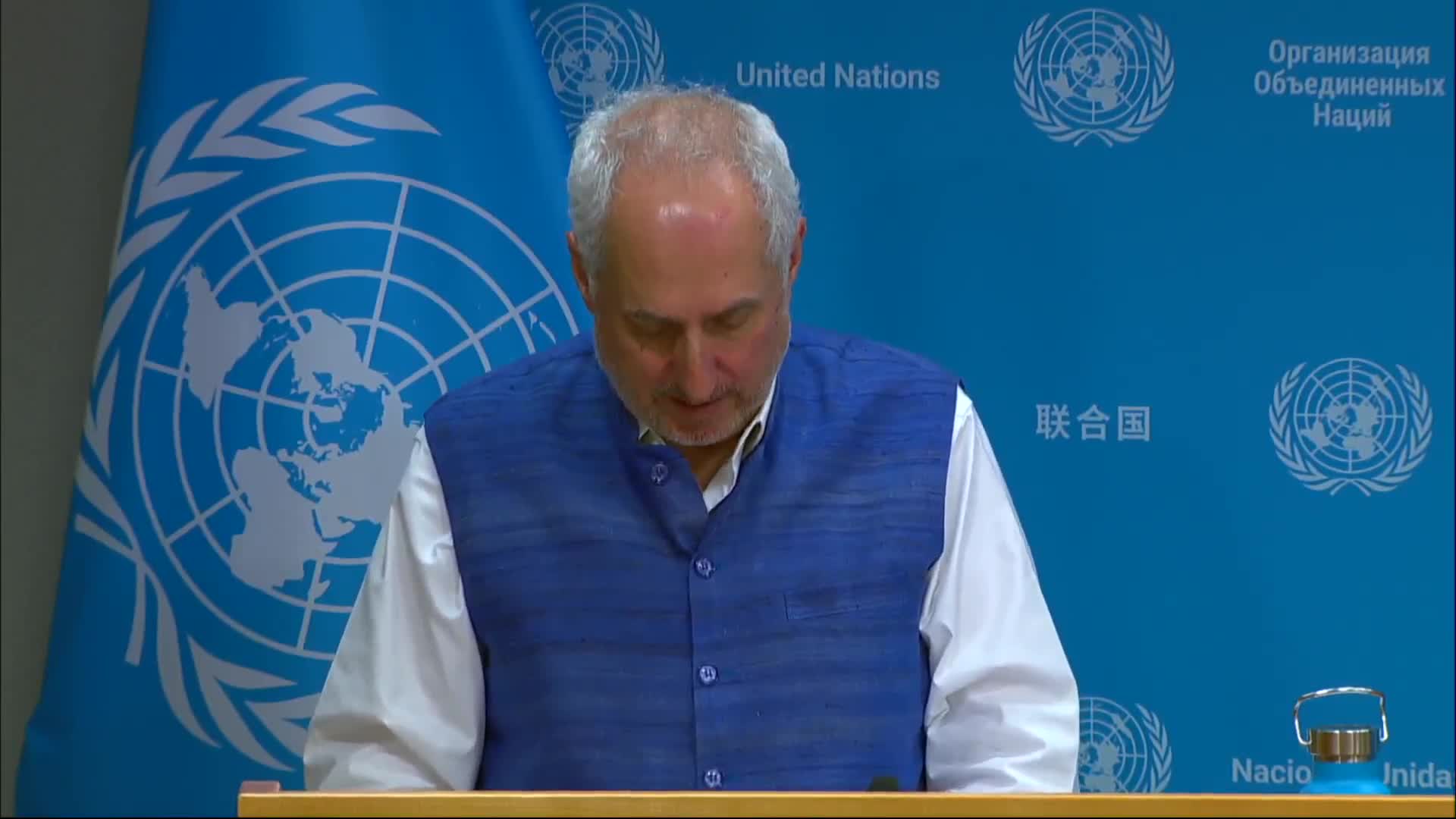
UN peacekeeping in Lebanon faces movement obstructions; Lacroix stresses need for full support
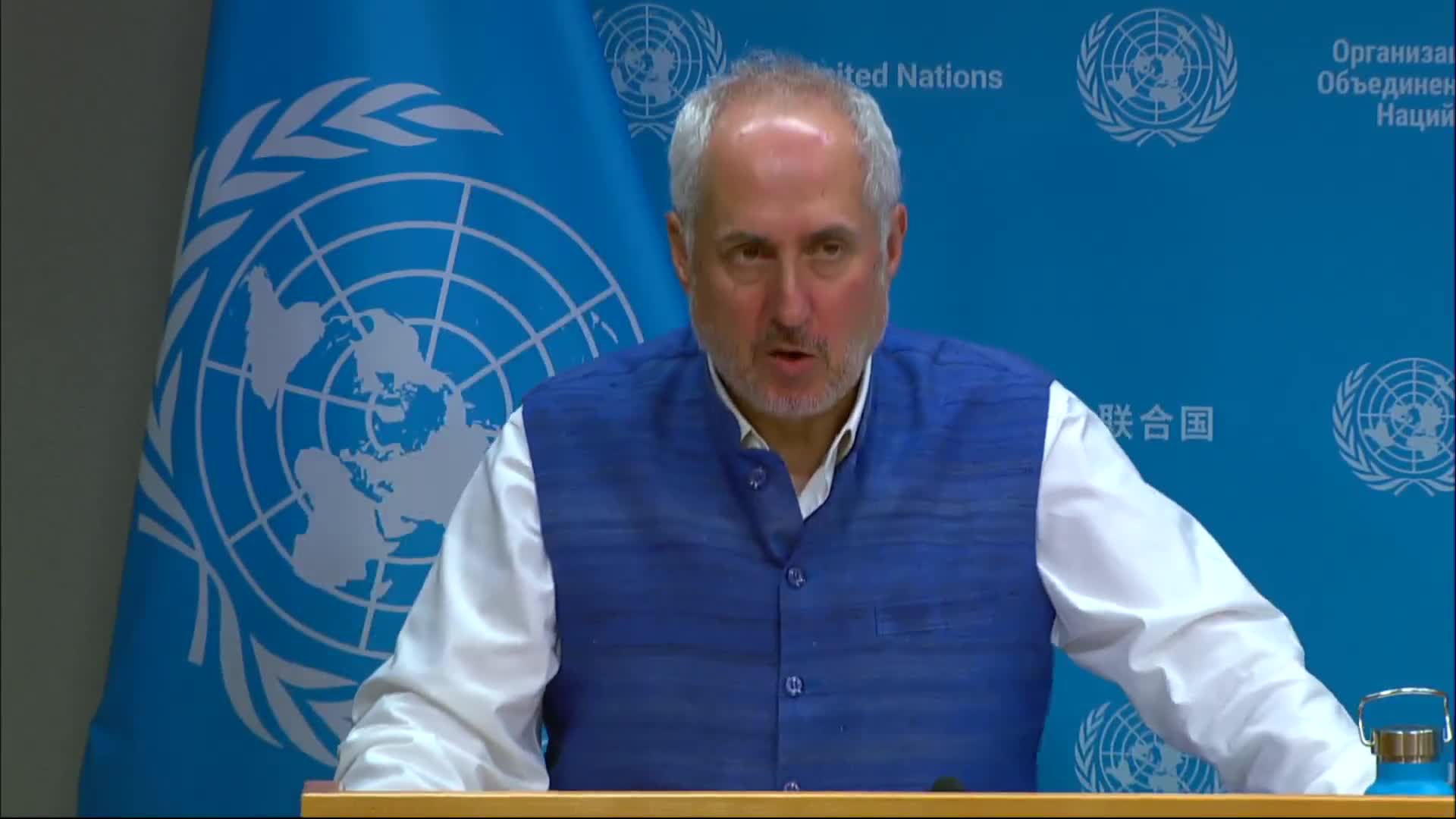
Zambian peacekeeper killed in Central African Republic convoy attack, UN says
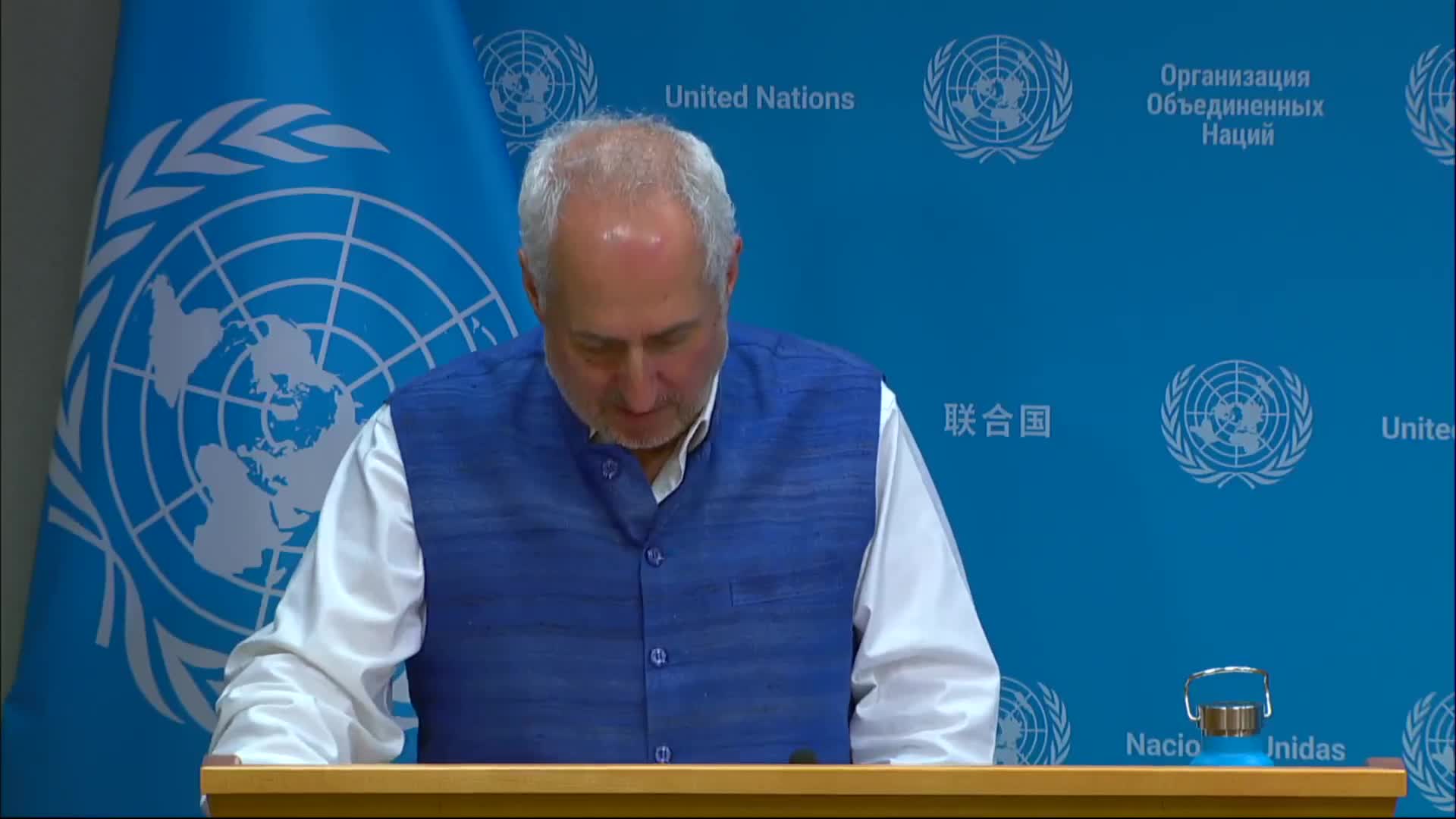
UN condemns Damascus church attack and urges full investigation
